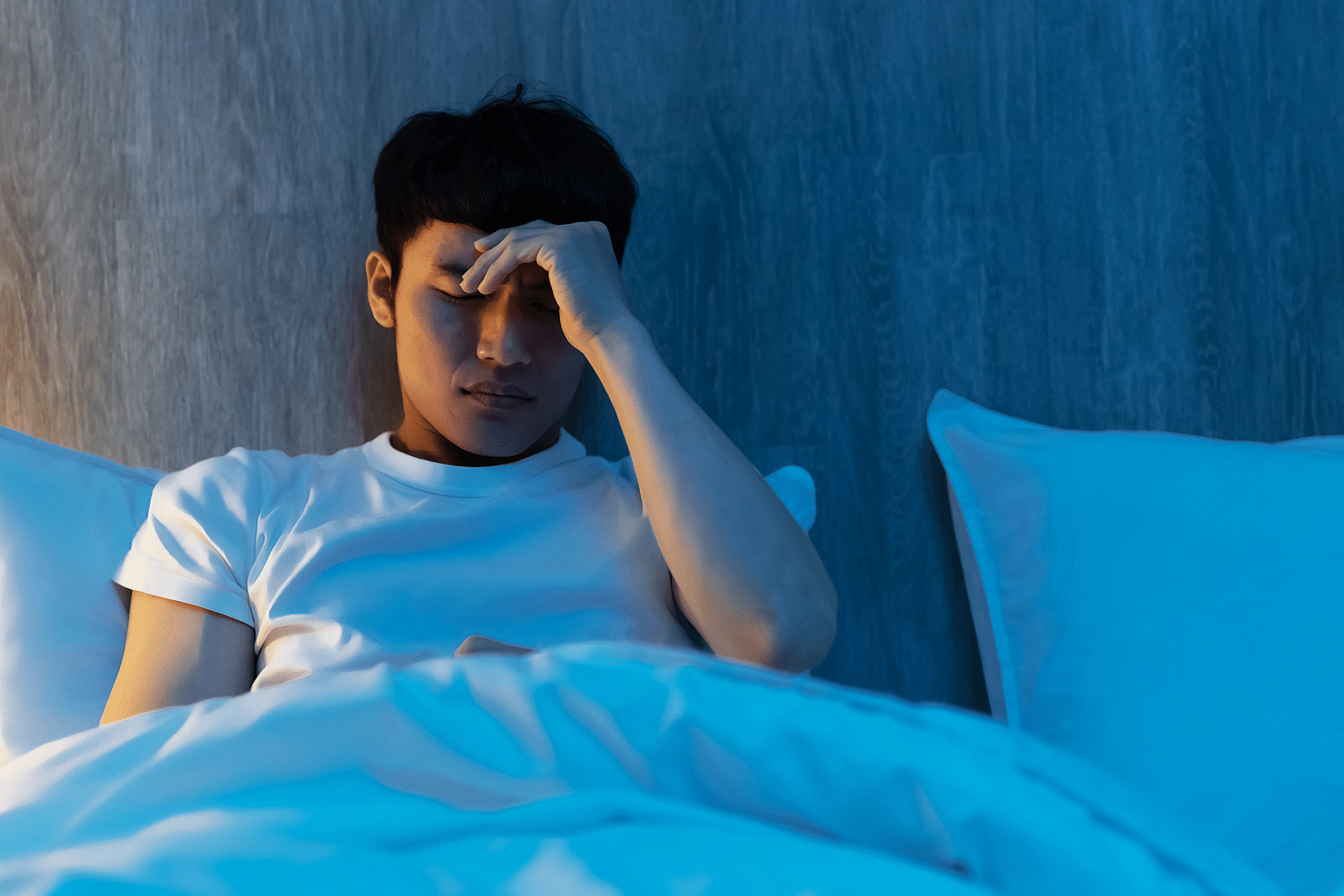If you’re struggling to get a proper night’s sleep or wake up feeling tired, you could have insomnia, along with about 400,000 other Singaporeans.
According to Dr Ng Beng Yeong, a consultant psychiatrist from Ng Beng Yeong Psych Medicine Clinic, insomnia can mean difficulty falling asleep or maintaining sleep, waking up in the early morning and not being able to get back to sleep, or having unrefreshed or non-restorative sleep.
Approximately 20 per cent of the 400,000 insomnia sufferers seek medical treatment for the condition. A local study also found that 13.7 per cent of adults aged 60 and above experience insomnia.
This can have dangerous consequences as chronic lack of sleep affects the ability to function and causes long-term health problems. The good news is that insomnia can be treated, says Dr Ng, who answers more about the condition and its treatment methods.

Q: How do I know when to seek treatment for insomnia?
It is recommended to seek treatment if you have problems falling asleep, maintaining sleep, or tend to wake up in the early morning, and it affects your ability to function and interact with people.
You can look for a general practitioner with an interest in helping people with mental health concerns, a psychiatrist or psychologist or counsellor.
Q: Why should people seek treatment for insomnia?
Many people suffer in silence and there is no need to.
Insufficient sleep is associated with a number of medical problems, including heart diseases, cancer, stroke, diabetes, septicemia (blood poisoning by bacteria) and hypertension.
Persistent insomnia can also lead to depression and anxiety disorders. Individuals may become suicidal as they cannot withstand the agony of being unable to sleep.
Many people, who sleep poorly at night, tend to crave carbohydrates the next day. They end up eating unhealthily, and this may lead to obesity and a higher risk of developing diabetes.
The consequences of chronic insomnia can be significant. It can cause fatigue, impaired memory and cognitive functioning; overall lowered quality of life, with increased occupational dysfunction; and decreased work performance. Insomnia can also lead to poor memory and dementia.
It will be good to seek treatment early. Not only can medication prescribed help to speed recovery from a primary mental health disorder, some of them may not necessarily lead to dependence or addiction with proper dosage.

Q: What are some ways to prevent insomnia?
- Exercise three to five times a week
Take up an aerobic activity but try to not work out after dinner as adrenaline stimulation may increase difficulty sleeping. Exercising also raises the body temperature which makes it more difficult to fall asleep.
- Manage your stress levels
One approach is to set aside time each day to write down your problems and put them aside. This is called the “worry hour technique”, which allows you not to ruminate over your problems. After trying out this technique for two to four weeks, most people find it easier to fall asleep at night.

- Pay attention to your diet
Having a heavy meal late at night or before going to bed increases the chance of having disturbed sleep as the body works harder to digest the food. There is also risk of gastroesophageal reflux.
Watch your caffeine intake as well as it can stay in the body for up to 14 hours.
Alcohol consumption may initially induce sleep but when the alcohol levels drop, the central nervous system rebounds in activity and neuron firing becomes more active, leading to awakening or disrupted, non-restful sleep.
- Have a bedtime ritual
This may include having a shower, light reading or listening to soothing music. A warm bath cools the body down as the water evaporates from the skin. You may also practise relaxation techniques and mindfulness exercises.
- Limit device use
Blue light emitted from devices stimulates the mind and makes it difficult to fall asleep.

Q. What sorts of treatment options are there for insomnia?
Many mild cases will respond to simple advice and counselling. You should also adjust your lifestyle habits to improve sleep.
More serious cases would benefit from taking medication and the effects can be seen within a few days. However, they may stop once the person stops taking the medicine.
Undergoing cognitive behavioural therapy for insomnia (commonly known as CBT-I) is yet another method.
There are also various types of psychological intervention to manage insomnia, such as stimulus control therapy, relaxation training, cognitive therapy and mindfulness meditation training.
These techniques take a few weeks to months for you to see improvement in your sleep.

For more information, visit www.eisai.com.sg.


